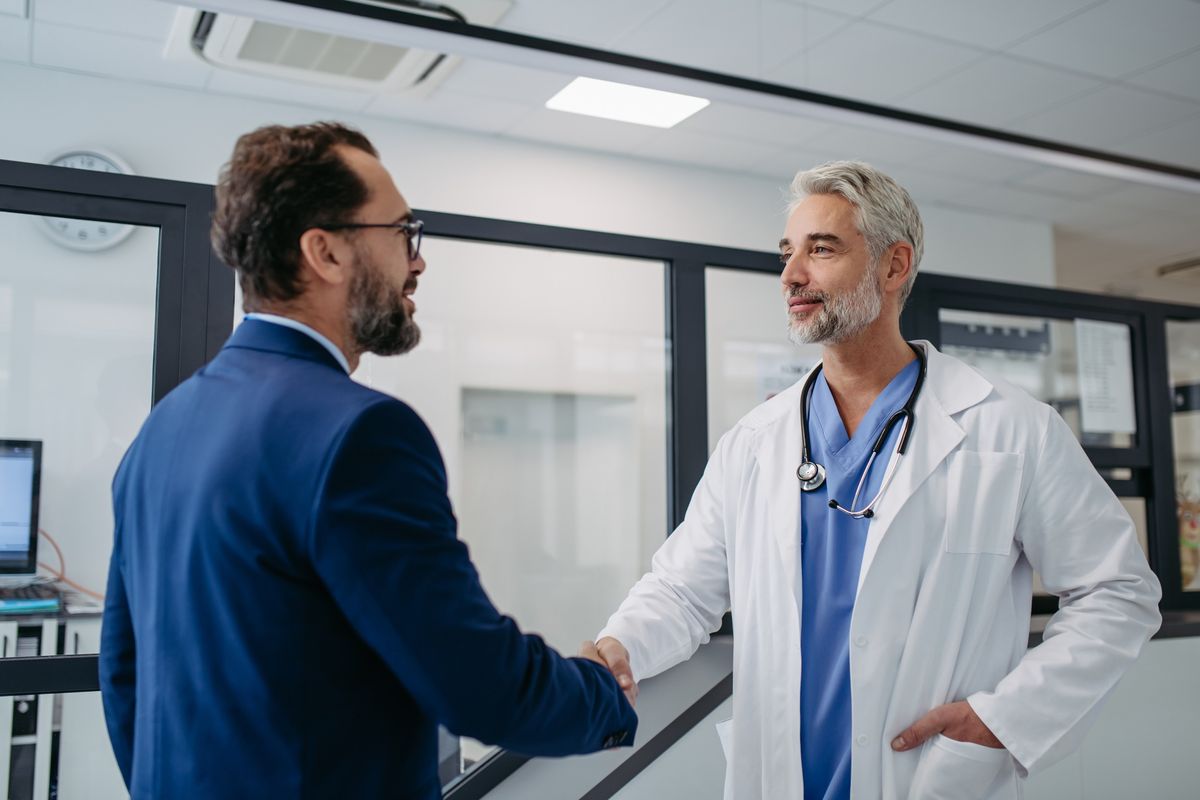What are the challenges for Medical Science Liaison today?
Current developments in customer engagement models to maintain access to healthcare professionals (HCP), and regain impact, make the challenges of efficiency and transformation of the MSL business all the more critical:
The tightening of the regulatory framework
The tightening of the regulatory framework governing interactions with HCPs has led to a significant increase in MSLs’ administrative workload. Indeed, administrative tasks such as justifying the participation of HCPs in events (collection of Authorizations for Cumulative Activity, etc.) and monitoring the associated validation process are now partly carried out by MSLs. These actions, which have little added value for HCPs, are taking on an increasingly important role in the MSL’s day-to-day work, sometimes to the detriment of his or her core business: medical exchanges with HCPs.
Defining the roles and responsibilities of Medical Science Liaison and medical representatives
The current evolution of the medical delegates’ role towards a more partnership-based approach makes it more complex to define the respective roles and responsibilities of delegates and MSLs in certain areas of their work (e.g. improving care pathways, etc.). This transformation reinforces the need for laboratory field teams to coordinate their interactions with HCPs, so that they can provide them with maximum value.
Digital communication with healthcare professionals
The health crisis has also prompted MSLs to rethink the way they communicate with healthcare professionals, notably through videoconferencing and webinars. To ensure the continuity of interactions, MSLs have had to adapt quickly and rely on these new channels, without however having all the keys to integrate these new tools efficiently into their practices. In fact, this requires a prior understanding of how to bring value via digital interaction, and of how their organization can be adapted to meet the expectations and possibilities of HCPs (prerequisites, logistical organization, follow-up to be put in place, etc.).
Monitoring interactions with healthcare professionals
In a context of limited access to HCPs, tracking the history of interactions with each HCP is all the more crucial in order to provide even better responses to their needs. It has therefore become essential for everyone who comes into contact with the HCPs, including the MSLs, to be able to relay information from their interactions to guarantee this follow-up. This is generally done via software tools, which must be systematically filled in after each interaction, representing an additional burden on top of the MSL’s usual tasks.
The posture to adopt as expert and partner
Finally, in a context where access to HCPs is increasingly restricted and competitive, engagement models are more focused on the value brought by laboratory teams to HCPs. These changes will strengthen MSL’s involvement as a key expert and partner for HCPs on medical and scientific topics in complex local projects, involving various HCPs and other internal stakeholders in a project mode.
Learn more about how our team can support you in your projects related to customer engagement >
3 solutions to improve Medical Science Liaison efficiency
In order to adapt to these new challenges, 3 solutions can be envisaged:
Solution n°1: clarify governance and internal coordination processes
First and foremost, it is important to clarify everyone’s roles and responsibilities within pharmaceutical companies, by setting up new work processes between the various field teams, as well as between the field and head office. This can also involve working more closely with medical representatives, to clearly establish each person’s position.
Solution n°2: delegate and/or optimize the management of administrative tasks
Reducing the administrative workload of MSLs is also key to refocusing them on their core business: medical and scientific exchange with healthcare professionals. To achieve this, various solutions can be considered: delegating the workload internally or externally, introducing new tools or improving existing ones, but also optimizing internal processes. For example, it might be appropriate to delegate the recovery of authorizations to combine activities to other internal functions, to relieve the MSLs, or to develop/optimize tools to facilitate the feedback of information from the field.
Solution n°3: support the Medical Science Liaison in upgrading their skills
Finally, to equip MSLs for new challenges and changes, we need to develop their skills in the use of digital tools, as well as training them in new methodologies (project management, insight gathering and analysis, etc.) in line with their changing responsibilities and the expectations of HCPs.
With the changes in their environment, MSLs are no longer efficiently fulfilling their role as medical and scientific guarantors in the field for HCPs. It therefore seems necessary to initiate a process of reflection on the evolution of the MSL profession. To this end, it may be appropriate to draw inspiration from other players in order to devise new initiatives, optimize tools and also reflect on new processes, methods and ways of working, with the ultimate aim of enhancing the scientific expertise of MSLs and refocusing them on their core activity: disseminating medical and scientific information to HCPs. If you’d like to find out more, and discover how our team can support you in this process, please don’t hesitate to contact us.
About the authors,
Coline, Consultant in Alcimed’s Healthcare team in France
Céline, Project Manager in Alcimed’s Healthcare team in France



